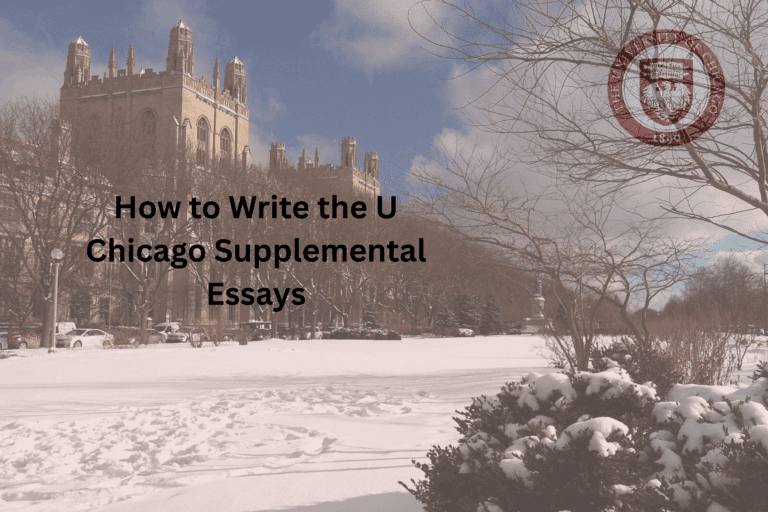
Oberlin College is a private liberal arts institution nestled in the quaint town of Oberlin, Ohio. Founded in 1833, Oberlin holds the distinction of being the nation’s first liberal arts college to embrace both men and women and among the first to welcome Black students. Today, nearly 3,000 students call Oberlin their academic home.
The college comprises two distinct academic divisions: the College of Arts & Sciences and the Conservatory of Music. Within the College of Arts & Sciences, students have the freedom to explore over 50 academic majors. Remarkably, 75% of Oberlin students embark on international or service-learning opportunities during their time at the college.
Oberlin fosters a vibrant campus life, boasting over 175 student organizations, with nearly a third of students actively participating in intramural and club sports. The Yeomen and Yeowomen represent Oberlin’s 21 varsity sports teams, proudly competing in the North Coast Athletic Conference at the Division III level.
Oberlin’s esteemed alumni include comedic actors Ed Helms and Lena Dunham, testament to the college’s commitment to nurturing well-rounded individuals who make meaningful contributions to society.
Student Cohort Size
Oberlin College’s student population is diverse and well-rounded, with a strong representation of the arts and sciences. 82.15% of the students are enrolled in the College of Arts and Sciences. A smaller group of students (6.63%) are enrolled in the double degree program, which combines rigorous coursework in both the arts and sciences.
Gender diversity is also evident at Oberlin, with females accounting for 59.14% of the student body and males making up 40.86%. Additionally, 9.85% of students identify as international, bringing a global perspective to the campus community. With a total undergraduate enrollment of 2,986, Oberlin College fosters a dynamic and enriching learning environment for students from all backgrounds and academic interests.
Four-Year Completion Rate
The graduation rate is among the most important factors when selecting a college. Oberlin College’s first-year retention rate is 86.6%. This means that 86.6% of first-year students continue their education for their sophomore year and beyond. The 4-year graduation rate is 83.2%. This implies that 83.2% of students were able to graduate after 4 years. Introduction to UCAs
Student-to-Faculty Ratio
Oberlin College is committed to providing a personalized and engaging learning experience for its students, as evidenced by its low student-to-faculty ratio of 9:1 and average class size of 17. The small class sizes foster a collaborative learning environment where students feel comfortable asking questions, sharing ideas, and engaging in critical thinking.
Admissions
Acceptance Rate
Oberlin College’s acceptance rate for first-year students is a competitive 33%. The college received 10,251 applications for the Class of 2027, of which 3,375 were admitted and 707 enrolled. The Early Decision program is popular among applicants, with 32% of enrolling students being admitted through this route.
Oberlin’s student body is geographically diverse, with students from 43 states and 46 countries. The college also attracts a strong academic profile, with 64% of students ranked in the top 10% of their high school class. Overall, Oberlin College is a highly selective institution that seeks academically talented and well-rounded students from all over the world.
Acceptance GPA
Oberlin boasts a highly selective admissions process and the average GPA of admitted students is high, typically exceeding 4.0.
Types of Admission
You can apply to the College of Arts and Sciences through the Early Action, Early Decision or Regular Decision programs. Early Decision is a binding admission plan for students who have determined that Oberlin College is their first choice and who feel they can present a strong application without senior grades being reviewed. Students admitted through the Early Decision admission plan are required to cancel their applications elsewhere and enroll in Oberlin College. Early Action is a non-binding and unrestrictive admission plan that may be an attractive option for those who feel they can present a strong application without senior grades being reviewed. Regular Decision is a non-binding and unrestrictive admission plan that allows students more time to complete the application and to have grades from the first term of their senior year considered in the review.
Application Components
A complete application includes:
- A personal essay: You’ll need to write a personal essay as part of your Common App or Coalition application
- Two letters of recommendation from core subject teachers: Oberlin requires two academic teacher evaluations. You’ll need to request recommendations from two teachers who have taught you in core academic subjects (English, math, science, social studies, foreign language, or an AP/IB class).
- Secondary school report and high school transcript: The transcripts will be sent by your school counselor.
Optional materials include:
- SAT or ACT scores: While test scores are optional for students applying for fall 2023 and fall 2024, the average SAT scores for admitted students were between 1360 and 1530, and the average ACT scores were between 30 and 33.
- Interview: Even though the interview is optional it is highly recommended. It is an opportunity for you to showcase your skills beyond the application.
- Art or performance supplemental materials: After you submit your application to Oberlin, you’ll have the opportunity to submit supplemental materials to highlight a special accomplishment, talent, or interest.
- Research abstract or resume: Emphasize your research accomplishments by submitting a research abstract or resume. For those who have engaged in mentored research, we strongly encourage requesting an additional recommendation letter from your research mentor, who can provide a personalized assessment of your capabilities.
- One additional recommendation letter: In addition to the two required academic teacher recommendations, you may submit one additional letter of recommendation if it provides relevant information not found in the required letters.
Read More: Smith College
Academics
At Oberlin College an insatiable curiosity for knowledge drives every aspect of the educational experience. With an expansive and rigorous curriculum offering over 40 academic majors and a plethora of interdisciplinary minors and integrative concentrations, students are empowered to explore their academic passions and discover new ones.
At Oberlin, a unique sense of community fosters lifelong friendships and connections. These bonds begin to form during the first year, often within peer advising cohorts and small seminars. Every incoming student is assigned a Peer Advising Leader (PAL), a returning student trained to guide and support new Obies as they navigate their academic journey and establish lasting friendships.
Over 1,000 lectures, seminars, and workshops are held annually, providing a vast array of intellectual opportunities for students to delve into their chosen fields of study. These learning experiences are further enriched by direct engagement with Oberlin’s accomplished and accessible faculty, who foster a dynamic learning environment where students are encouraged to participate and contribute actively.
Oberlin firmly believes that learning thrives in a collaborative setting, whether within scientific research laboratories, film and theater ensembles, or intimate seminar discussions. The college’s commitment to interdisciplinary education is deeply intertwined with its embrace of collaboration, fostering a culture of open discourse and diverse perspectives. This collaborative spirit empowers students to tackle complex challenges and cultivate innovative solutions.
Most Popular Majors:
Biology
Political Science and Government
Psychology
Economics
History
Information Science
Mathematics
Neuroscience and Neurobiology
English
PhDs Granted to Oberlin College Graduates
Life Sciences
Physical Sciences and Earth Sciences
Mathematics and Computer Sciences
Psychology and Social Sciences
Engineering
Education
Humanities and Arts
Other non-Science/Engineering
Cost of Attendance
Tuition $63,700
Housing $9,398
Food $9,544
Fees $946
Total $83,588
Estimated Expenses
Books $930
Personal Expenses $978
Travel varies
To conclude, Oberlin’s engaged liberal arts education extends beyond the confines of the classroom and into the broader world. Through hands-on research, study abroad programs, winter term intensives, internships, and fellowships, students seamlessly integrate theoretical knowledge with real-world experiences. From engaging in sustainable agriculture projects at local farms to interning at cutting-edge startups, museums, and non-profit organizations, Oberlin students seamlessly blend idealism with pragmatism, pursuing opportunities that cultivate their talents and empower them to make a positive impact on the world.
Embark on a transformative higher education journey and elevate your path to academic success with the expert guidance and personalized support of an Ivy Central college counselor.






